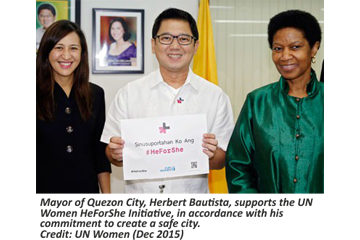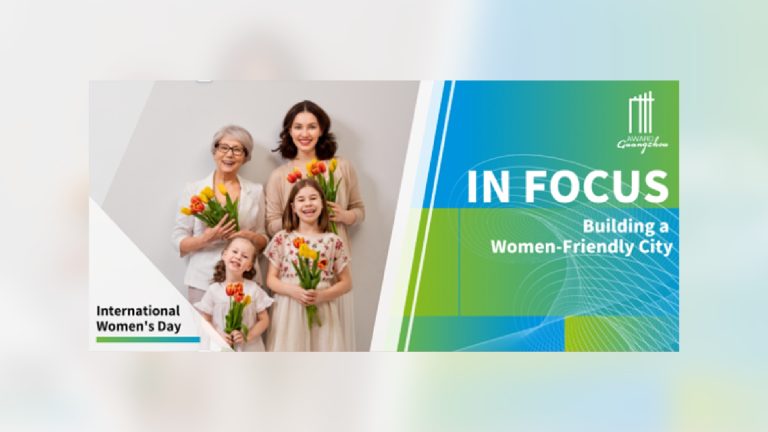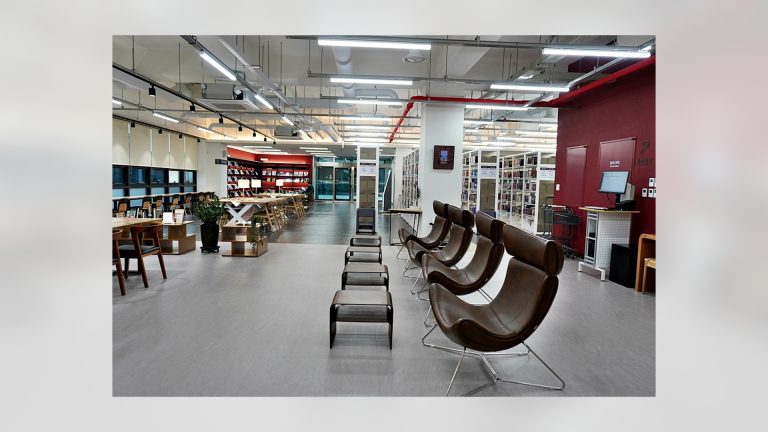WITH gender equality is still a huge issue in many Asian and Pacific countries, Quezon City, Philippines, celebrates gender mainstreaming in various dimensions.
Quezon, the most populated city of the Philippines archipelago and part of Metropolitan Manila, created a Gender and Development (GAD) Resource and Coordinating Office in 2002, then signed the Quezon City Gender and Development Code in 2004. A network of gender focal point civil servants was also established in most of its departments in 2003. Thanks to such an original approach, Quezon has successfully developed Gender Mainstreaming in all of its departments over the years.
The aforementioned moves were taken even long before the central government of Philippines passed the Magna Carta on Women’s Rights in 2006. The charter is a comprehensive law that follows the principles of the international Convention on the Elimination of All forms of Discrimination against Women (CEDAW).
Since the signing of the Gender and Development Code in 2004, Quezon ensured this commitment was followed by concrete measures. Every year, the city organizes a “Thank GAD It’s Friday” workshop to raise awareness amongst all of the city’s departments on how they can include gender mainstreaming in all aspects of their work. The city also annually awards gender-sensitive local and national movies. They created a Teachers Film Forum to integrate gender sensitive media content into high school curriculums. Quezon also increased the budget for its family planning center over the years and offers free legal services to its citizens, allowing the most vulnerable households, single or widowed mothers, for instance, to benefit from legal protection when they need it.
When it comes to global warming issue, Quezon recognizes the fact that women, as victims of social inequality and precarious financial situations, become the first population group that is affected by the negative effects of climate change.
Quezon renewed its commitment towards gender equality in 2014 by signing the 12-Point Gender and Development agenda. In 2015, it implemented the Safe City Metro Manila programme, and joined the UN Women’s Safe Cities and Safe Public Spaces Global Initiative. The initiative is aimed at raising awareness and fighting against street harassment, probably the most visible form of gender-based violence in urban spaces.
As UCLG ASPAC members are in a privileged position to make concrete change happen, Quezon sets the example by reminding that gender equality is at stake in every single local government project and decision, and achieving harmony in civil society can only happen through continuous efforts to fight against invisibility and prejudices against minorities. Through gender mainstreaming, they can make small steps every day in order to achieve gender equality and contribute to creating harmonious and prosperous communities.











